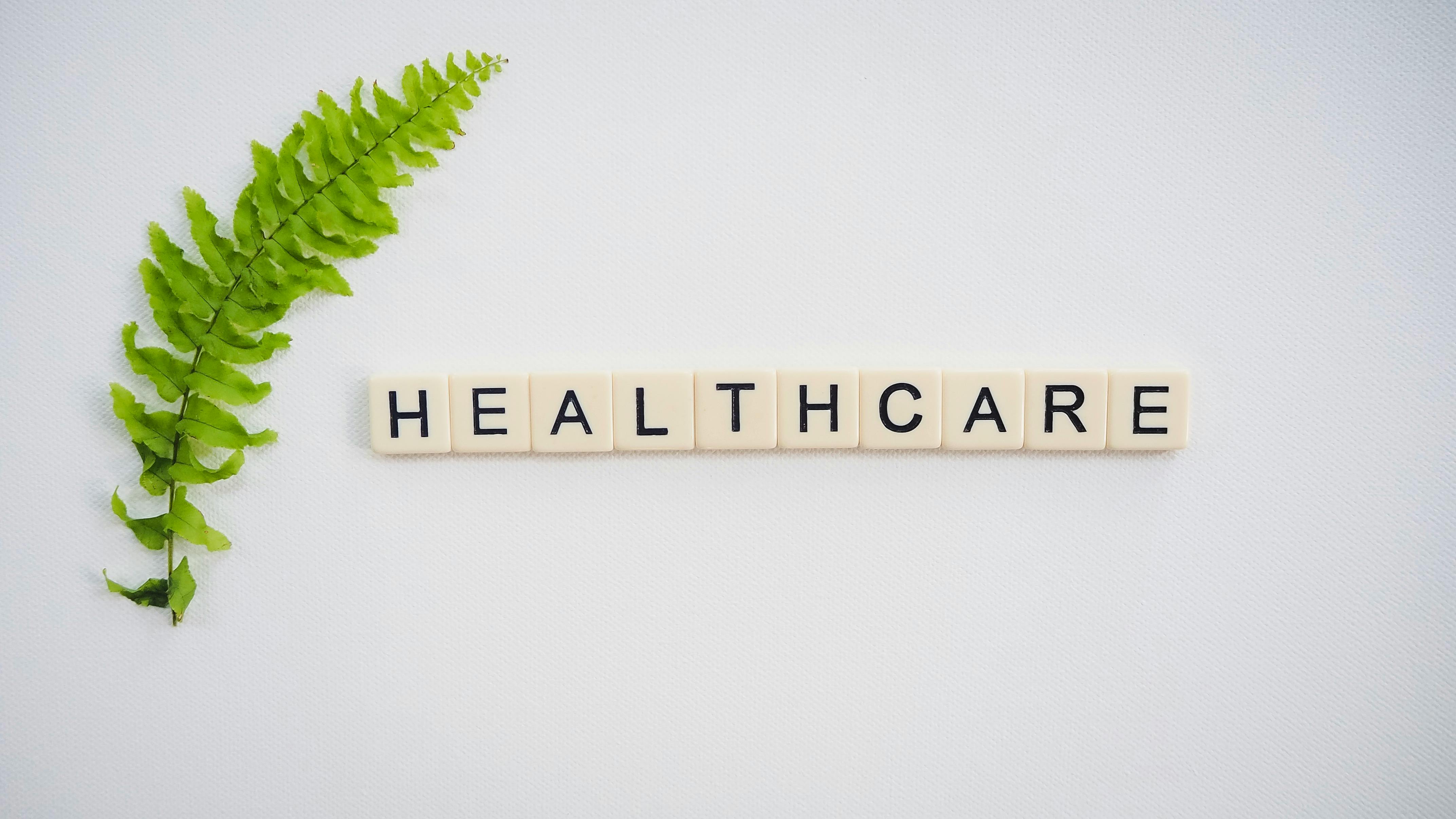

Author: GAURANG GARVIT
Published on-
17 October 2024
Pros and Cons of different technologies used in healthcare sectoR
Pros and Cons of different technologies used in healthcare sector
1. BIOTECHNOLOGY:
“Biotechnology is a revolution in science of life, and like any revolution, it carries both great promise and great risk” – anonymous
Biotechnology in healthcare involves using biological process and living organisms to treat people, to create new technologies and to develop products. The creation of new drugs, vaccine, gene therapy and diagnostic tools is what makes it more interesting. Biotech has improved health, cured diseases and enhanced the quality of life. But as said above in the quote, it is true that every great innovation has its own pros and cons. Therefore, we need to understand them.
PROS:
- It allows early detection of hereditary conditions, enabling us preventive measures and targeted therapies. This is done through Genetic testing.
- Biotech enables us to have personalised treatments, according to one’s genetic makeup. This increases the effectiveness of treatment in severe conditions like Cancer.
- Gene therapy allows us to remove faulty genes from our body, enabling us to cure genetic disorders like certain types of blindness.
- Biotech has enabled us to advance in vaccine development, like COVID-19 vaccine, which helped the world to save tons of lives through mRNA technology.
- Stem cell therapy and regenerative medicines help us grow and regenerate damages tissues and organs.
CONS:
- The research, development and production of Biotech products like Gene therapy is way too expensive making it less accessible to middle class and lower-class citizens.
- Genetic manipulation raises debates as it effects the future generation due to Germline editing.
- Bioterrorism is a topic of concern where biological agents can be engineered for harmful purposes.
- Differences in regulatory standards across globe can pose a serious challenge for global deployment of new therapies.
- Advanced biotechnological treatment and diagnosis is not available in developing countries due to the lack of proper infrastructure and economic challenges there.
2. MAGNETIC RESONANCE IMAGING (MRI):
Magnetic Resonance Imaging is a medical imaging technique where high resolution images of bones, tissues and organs are produced using strong magnets and radio waves. It has helped doctors to diagnose conditions or injuries in brain, spinal cord, joints and soft tissues. Here are Pros and Cons of MRI, which we should know for detailed understanding.
PROS:
- It is safer to use repeatedly for patients who need frequent or regular checkups, as it doesn’t use ionizing radiation unlike CT scan and X-rays.
- It can map brain activity using fMRI, which measures change in blood, providing insight into brain function aiding in neurological condition.
- MRI can be used for diagnosing brain, tumour, spinal injuries and joint abnormality. It is also useful in imaging blood vessel and heart conditions.
- It provides high resolution and detailed images which helps in better diagnosis of the health condition.
CONS:
- The high cost of purchasing MRI and maintaining it, makes MRI scan costlier. Thus, it becomes less accessible to the lower-class people.
- Due to its high cost, it may not be available in smaller hospitals and rural areas.
- The narrow and enclosed space of MRI may cause discomfort and anxiety to the patient.
- A patient needs to be still inside MRI for like 30 minutes to 1 hour, which may be challenging for patients with anxiety, claustrophobia and other conditions.
3. ORTHOPEDIC ROBOTS:
Orthopedic robots have brought a great revolution in medical field assisting surgeons with bone and joint surgery like spine surgery. They assist in precise cuts, place implants accurately and in alignment of bones. These robots have reduced the surgical errors, increased the recovery time and also, improve overall outcome. Since these robots have brought a revolution in the field of healthcare, they also bring with them their own pros and cons. Let’s understand them one by one below.
PROS:
- The risk of human error is greatly reduced due to a high level of accuracy in surgeries.
- They assist surgeons in bone and joint surgery like spine surgery and hip replacement, with highly precise movements which leads to better alignment and outcomes.
- The orthopedic robots use CT scans or MRI scans to create a 3D model of a patient’s anatomy, which helps surgeons plan a personalised surgery for each patient.
- These robots serve as a training tool for a lot of surgeons worldwide allowing them to perform surgery with great precision and also to upgrade their skills.
CONS:
- The purchase, maintenance and installation of these robots is quite expensive, which makes it less accessible to smaller clinics and hospitals.
- Relying too much on technology can cause adverse effects. Any malfunctioning or technical error can pose a great threat to a patient’s life.
- Excessive use of these robots can cause a dependency where doctors and surgeons will find it hard to perform complex surgeries without them.
- Due to their high cost, these robots are not available in developing nations due to the lack of proper infrastructure and economic issues.
4. ELECTROCARDIOGRAM:
The electrocardiogram is a test in medical field where small sensors are placed on your skin to record the electrical activity of heart. These record the rhythm of heart, how your heart beats and how the electrical signals move through your heart. These are beneficial in detecting cardiac arrest, irregular heartbeats and other heart related issues. Let us understand what are the pros and cons of this unique and revolutionizing test.
PROS:
- ECG is really quick, as it takes only few minutes to complete the test. It is suitable for emergencies.
- ECG is cost efficient as compared to complex technologies making it more accessible to the smaller clinics and hospitals.
- ECG can identify heart attacks, electrolyte imbalance etc very early, so that doctors could timely intervene and improve the outcomes.
- With the advancement in technology, today we have portable ECG, which can be used at home. This is really helpful for people with cardiac issues.
- ECG is a safe test as it requires electrodes to be placed on skin. No surgical intervention is required.
CONS:
- ECGs can sometimes produce false results indicating a heart attack which can give unnecessary tension to a person.
- Factors like skin thickening or improper electrode placement could affect the results, giving us false report.
- Standard ECG captures heart activity for a short period of time. For people with intermittent heart issues, it may not be detected unless a continuous monitoring approach like Holter Monitor is used.
- Accurate interpretation of ECG reading requires expertise. Sometimes, false interpretation of reading may lead to wrong diagnosis of a patient.
In evaluating the pros and cons of various healthcare technologies, it's evident that each innovation brings unique strengths and challenges, shaping how care is delivered and received. As we balance these aspects, we are reminded that “The art of medicine consists of amusing the patient while nature cures the disease” – Voltaire, highlighting the importance of both advanced technology and the human touch in achieving true healing.
In conclusion, SeekFactory is committed to supporting the healthcare industry by offering end-to-end manufacturing solutions that streamline the production and integration of advanced technologies like MRI, ECG machines, orthopedic robots, and biotech innovations. By managing the entire supply chain from a single vantage point, we help healthcare companies overcome challenges such as high production costs, complex technical requirements, and the need for precision. Our expertise ensures that these advanced medical technologies are manufactured efficiently, allowing our clients to focus on what matters most—delivering innovative solutions that improve patient care and outcomes. At SeekFactory, we empower the future of healthcare by making cutting-edge technology more accessible and scalable for the industry.
Contact Seekfactory
To learn more about how Seekfactory can enhance your supply chain resilience in the Healthcare sector, please reach out:
- Phone: +86 15257533672
- Email: info@seekfactory.com
We look forward to helping you strengthen your supply chain and achieve your business goals!

